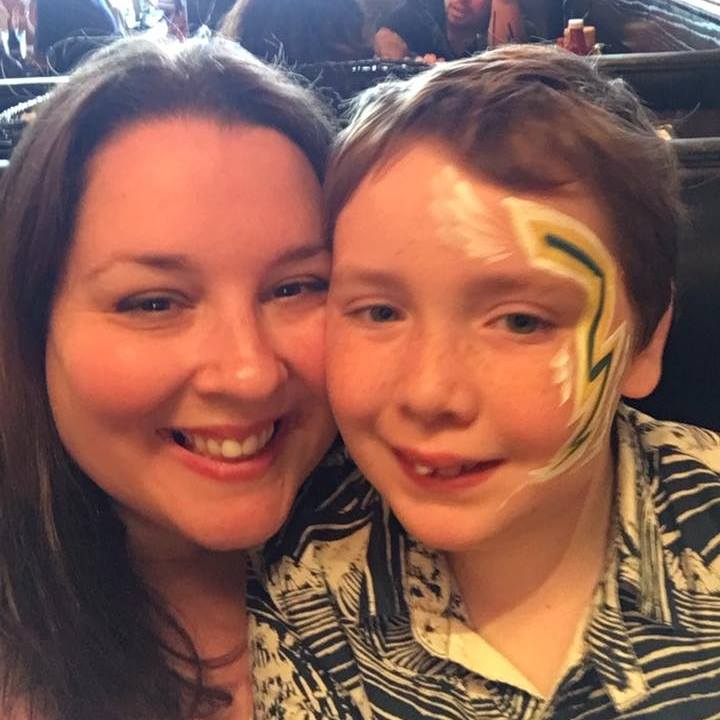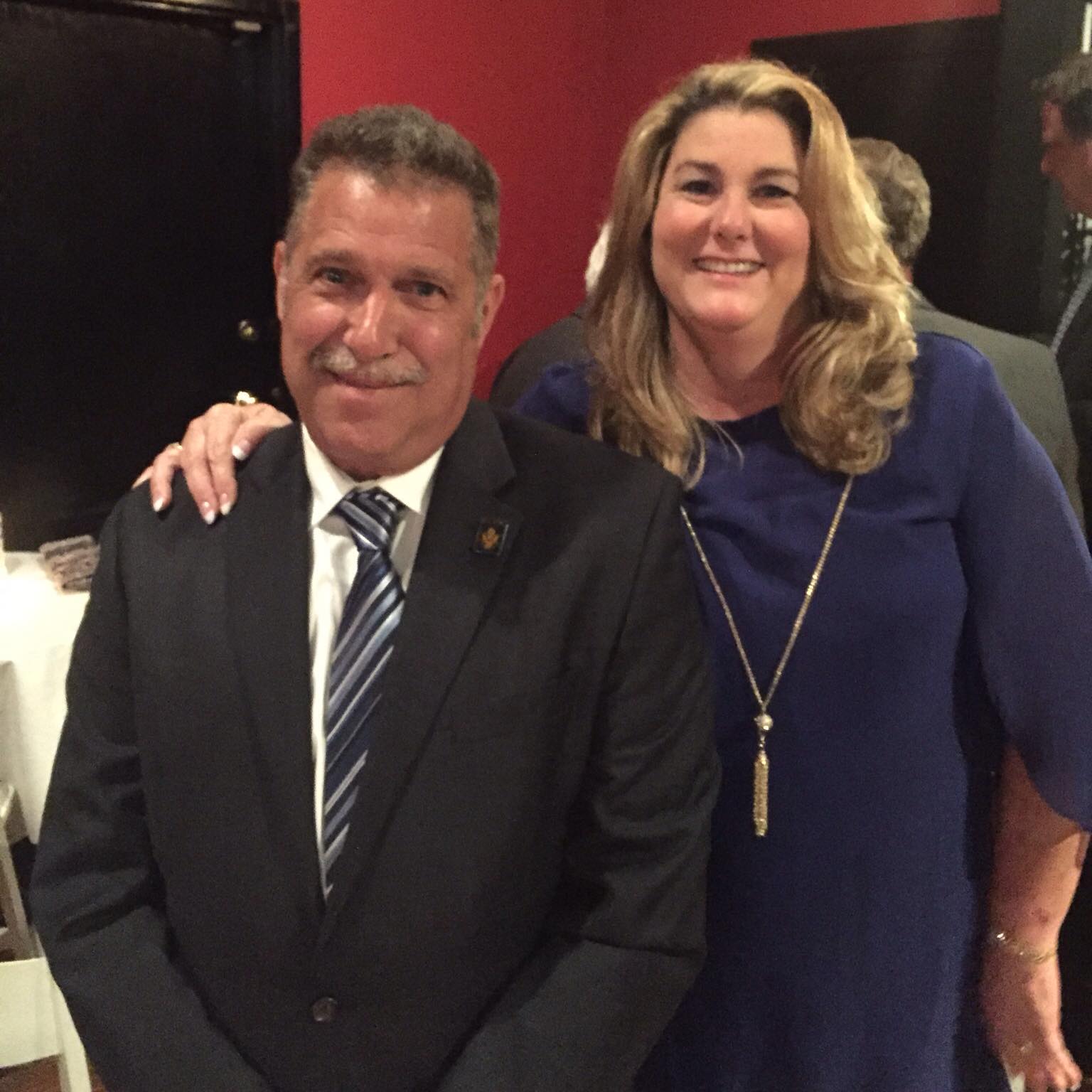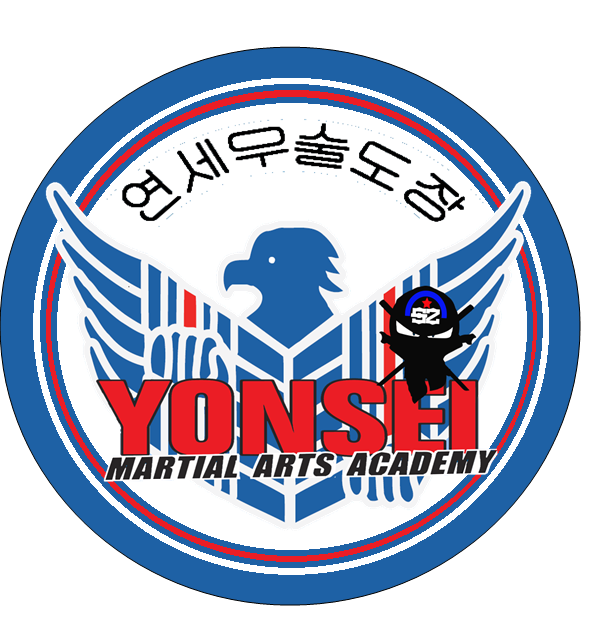“Any man can be a father, but it takes a special man to be a dad.”
– Anne Geddes
With Father’s Day on Sunday, we at Yonsei want to take the time to recognize the amazing adults in our students lives. We are home to exceptional fathers, grandfathers, uncles, brothers, and cousins, and we are immensely grateful for all these men do for our students day in and day out. This week in our classes, we reminded our students to celebrate the holiday and do something nice for dad. Be it a handmade card, flowers, or a helping hand around the house, children of any age can celebrate the holiday with their parent.
Our own Head Master, Master Michael Sentilles, is a father, and all four of his children have practiced martial arts with us – two of them are even black blacks! Many of our adult students are fathers as well, training alongside their children and rising in rank with them. To honor the amazing parents we have at Yonsei before tonight’s Father’s Day Buddy Night, we’ve compiled a list of five things we’ve learned from our Yonsei fathers.
1. Presence means everything.
One of our favorite things to see is the excitement and pride a child has when they’ve mastered a new technique, but even better is the smile on their face when they see their parents also saw their new skill. A present parent means everything to a child, and we encourage our parents to be present for their children whenever possible.
Paul Aglialoro, a former Behavioral Consultant of children and adolescents with emotional and behavioral disorders, shared this with Happenings Magazine about the presence of a father-figure in a child’s life: “Children with present father figures benefit by having a wider range of emotional expression modeled for them as they grow and face new experiences. With this wider range of expressiveness, a child will in turn be more able to recognize and express their own emotions all through their lives.”
2. Effective praise goes a long way.
A key ingredient in what we advise for successful encouragement is “praise, correct, praise,” or PCP. An example of PCP is, “I love your energy today, Katie! Remember to listen to your instructor when he’s talking. I can’t wait to see your awesome power again!”
As written by Amanda Morin for Understood, “Praise is one of the simplest and most powerful tools to engage and motivate [children]. When used effectively, praise can turn around behavior challenges and improve students’ attitudes about learning.” We highly encourage you to check out Understood’s “7 ways to praise students” download to utilize praise in an effective and meaningful way for your child!
3. Be quick to help.
We could not count the number of times we have seen parents at Yonsei help each other out. Yonsei is grateful to be home to parents of many career paths; from plumbers and mechanics, to realtors and accountants, to doctors and lawyers, we have an incredible range of talent in our parents. So many times we have overheard our parents offer their advice and abilities to other parents, and we love the example this sets for our students.
Helping others, even your own family, demonstrates compassion and kindness for your child. Children learn by example, and for this, we often call them our sponges. A child who watches their parent choose to selfish route and never assist others may also develop that attitude, but the child of a parent who is always willing to lend a helping hand will take note of their parent’s generosity and adopt the same attitude.
4. Be active.
It is such a joy to look out from the office spaces in the do jang and see parents and children training side-by-side in our black belt or adult classes. The message behind this is crystal clear: be active. Be it through martial arts, team sports, or running, seeing an active parent who enjoys fitness encourages a child to take up their own activities for fitness. It is amazing to see our parents and students train together, but it is even better to witness the physical change that being active has on them over time.
Nadia Hashemi-Toroghi, David Frisch, Courtney Novotny, & Jennifer Waldron, Ph.D. at the University of Northern Iowa agree that physical activity should be a family event. “Physical activity is essential for healthy development and adopting physical activity habits early in life will increase the likelihood of children remaining physically active as adults. Participating in family physical activities helps children gain life skills as well as health benefits.”
5. Words are powerful.
One of the most emotional events at Yonsei is our black belt testings, and a moment that always bring tears to some of our eyes is hearing a proud parent tell their new black belt, “I’m so proud of you.” Words have more power than we often realize, and it’s up to parents to demonstrate how to use that power.
When our students see their parents using negative words to bring others down and criticize, they’re more likely to pick up on that behavior and mimic it. But for the parents who build up those around them and always use best manners with others, their children are often more kind and empathetic people who then introduce others around them to that same kindness and empathy.
No matter how you choose to celebrate or whom you choose to celebrate on Father’s Day, we wish you a happy one. And to all of our caregivers at Yonsei: thank you so much for trusting us with your children.























